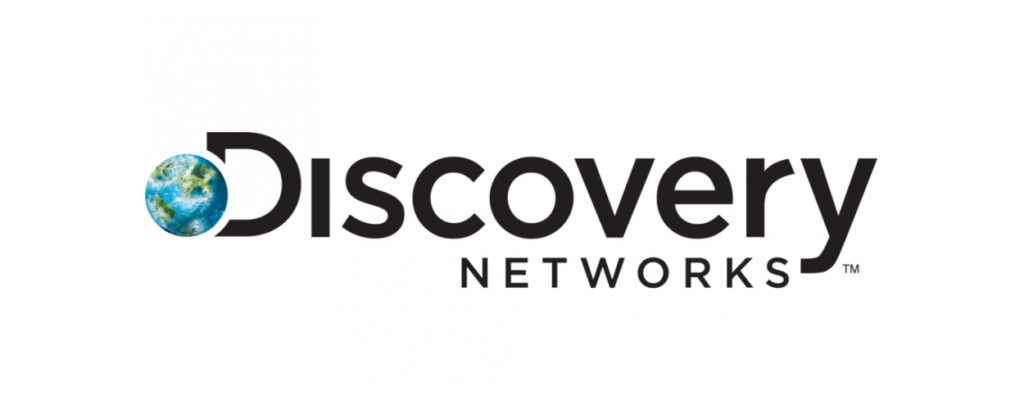This website uses cookies so that we can provide you with the best user experience possible. Cookie information is stored in your browser and performs functions such as recognising you when you return to our website and helping our team to understand which sections of the website you find most interesting and useful.
Business News Labels & Publishers Legal Media
Discovery Networks backtracks on new music licensing model
By Chris Cooke | Published on Monday 27 January 2020

America’s Production Music Association last week announced that Discovery Networks has abandoned plans to move to a new model for licensing music that would have forced composers to give up performing right royalties each time programmes air.
When music is synchronised into TV programmes that music is both copied during the synchronisation process and then communicated each time the show is broadcast. The songs side of the music industry has traditionally licensed those two elements of the copyright separately.
That means songwriters and composers would expect an upfront payment when the programme maker first licenses or commissions the music, and then subsequent payments each time the music is broadcast within the show. The latter is usually collected and distributed by the music industry’s collecting societies – or ‘performing rights organisations’ – so the likes of BMI and ASCAP in the US.
However, late last year it emerged that the Discovery Networks was planning on forcing the composers it works with into a new kind of deal that would mean they’d only receive upfront payments, not royalties as the programmes aired. Such a move is only really possible in the US, because in other countries the collecting societies usually have the exclusive rights to license their members’ performing rights.
Discovery’s plans were widely criticised by the songwriting community, which argued that the upfront fees currently paid by broadcasters were simply not enough, and removing the subsequent performance royalties would render their business unviable. The current approach also arguably benefits the broadcasters, which get away with paying more modest upfront fees, and only have to pay significant performance royalties if a programme goes into regular syndication.
In a statement last week, the PMA said: “We have been informed today by Discovery Networks that in regard to performance rights, Discovery has decided that their US channels will remain operating as is under the traditional PRO performing rights model”.
It’s thought the change of heart at Discovery followed an online campaign criticising its proposals and meetings with some key composers.
The PMA added that it would “like to personally thank [the broadcaster’s VP Of Global Music] Shawn White and everyone at Discovery for this decision. We greatly appreciate this and look forward as a community to working together with Discovery to provide their programming with the best quality music possible”.
While Discovery is no longer seeking to force the music-makers it works with into the streamlined licensing model, it is known that various broadcasters are proposing this approach to the songwriters and composers they work with. Some music-makers, especially in the US, might do such a deal if they believe it gets them more work.





